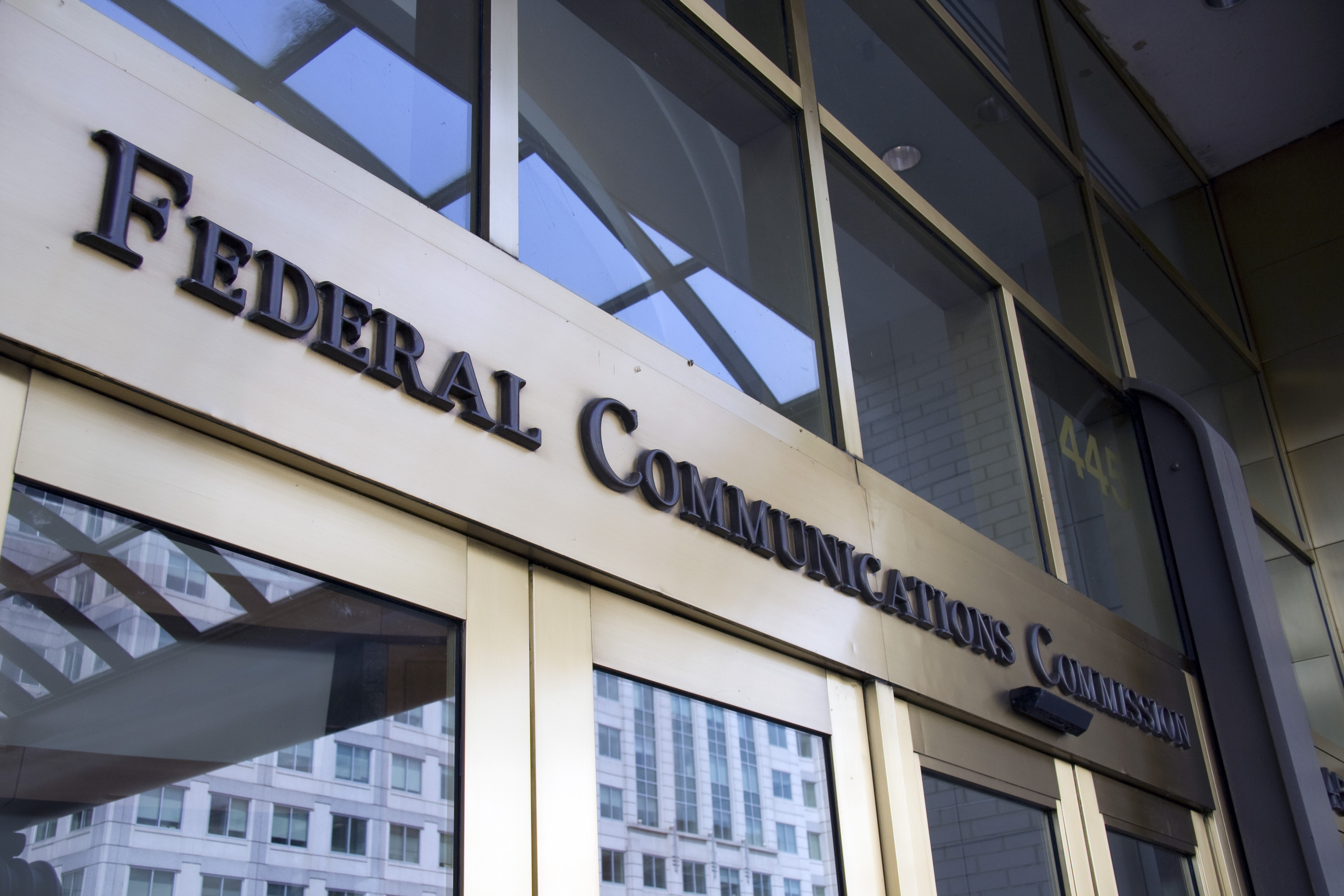Some weeks ago the Federal Communications Commission initiated an investigation into AT&T’s offer to exempt DirecTV subscribers from its internet data cap. Today, the FCC’s initial findings show that the company’s Sponsored Data program is, in fact, a violation of net neutrality laws.
According to the FCC, AT&T’s response to the initial statement by the regulatory body confirmed that they were, in fact, in violation. Under the Sponsored Data program, AT&T allows other companies to bypass the data cap restrictions on its wireless networks, but for a fee. DirecTV, on the other hand, gets the bypass by default. The root of the problem is that DirecTV has been a subsidiary of AT&T ever since it was acquired in 2015.
The net neutrality violation claims by the FCC are founded on the fact that “the Sponsored Data program strongly favors AT&T’s own video offerings while unreasonably discriminating against unaffiliated edge providers and limiting their ability to offer competing video services to AT&T’s broadband subscribers on a level playing field.”
What is the Issue with Data Cap Exemption?
It’s basically a big guy versus little guy problem. The FCC is essentially stating that the big guy’s actions will make it hard for the little guy to offer similar services to the big guy’s customers. The data cap exemption itself is called “zero rating” and, while zero rating isn’t illegal in itself vis-a-vis net neutrality, the FCC typically looks at these on a case-by-case basis.
An exemption means the provider is not subject to the cap on data usage, and this is significant for video service providers because of the amount of data that video uses, especially formats like 4K UHD that are becoming more common by the day.
One spanner in the spokes is the fact that DirecTV does pay AT&T for the exemption, just like other operators do, according to ARS Technica. But it’s money changing hands within the company so this may most likely lead to some sort of high-level third-party audit to make sure AT&T is, in fact, playing fair. As of now, AT&T has been given a second set of questions, to which it must respond by December 15.
Since this is just a preliminary conclusion by the FCC, we’ll have to wait and see how this plays out. However, if found in violation of net neutrality rules, AT&T will either have to make similar concessions to other video content providers or remove the zero rating status of its own service. Either way, it could shake things up at AT&T.
Incidentally, Verizon is also under fire from the FCC about its FreeBee Data 360 offering. Verizon’s Go90 is playing the role of DirecTV in this case. The FCC in a letter to Verizon yesterday stated that “while there is no cash cost on a consolidated basis for Verizon to zero-rate its own affiliated edge service, an unaffiliated edge provider’s FreeBee Data 360 payment to Verizon is a true cash cost that could be significant.”
We’ll keep our eyes peeled for further news about the situations with AT&T and Verizon.



